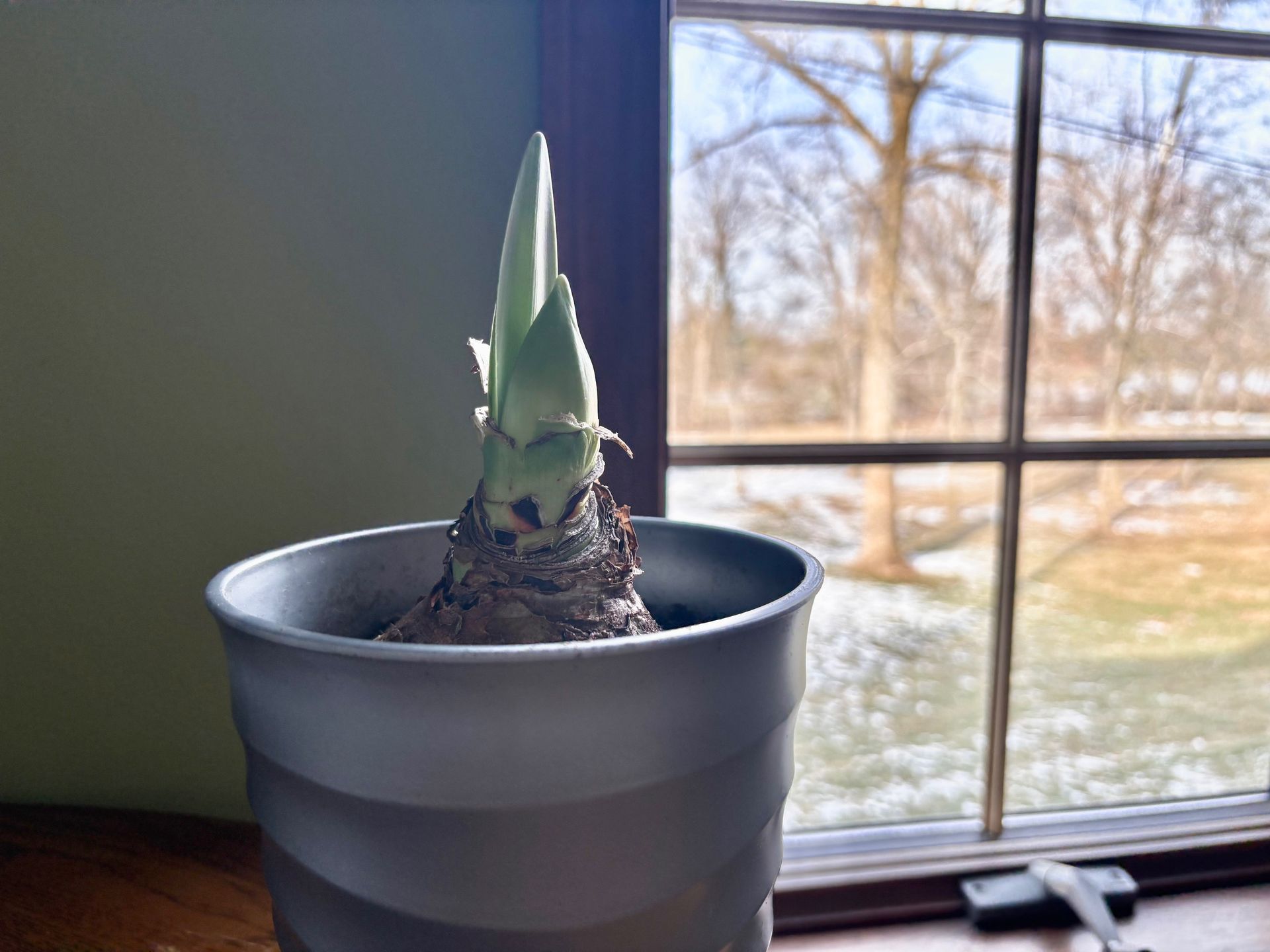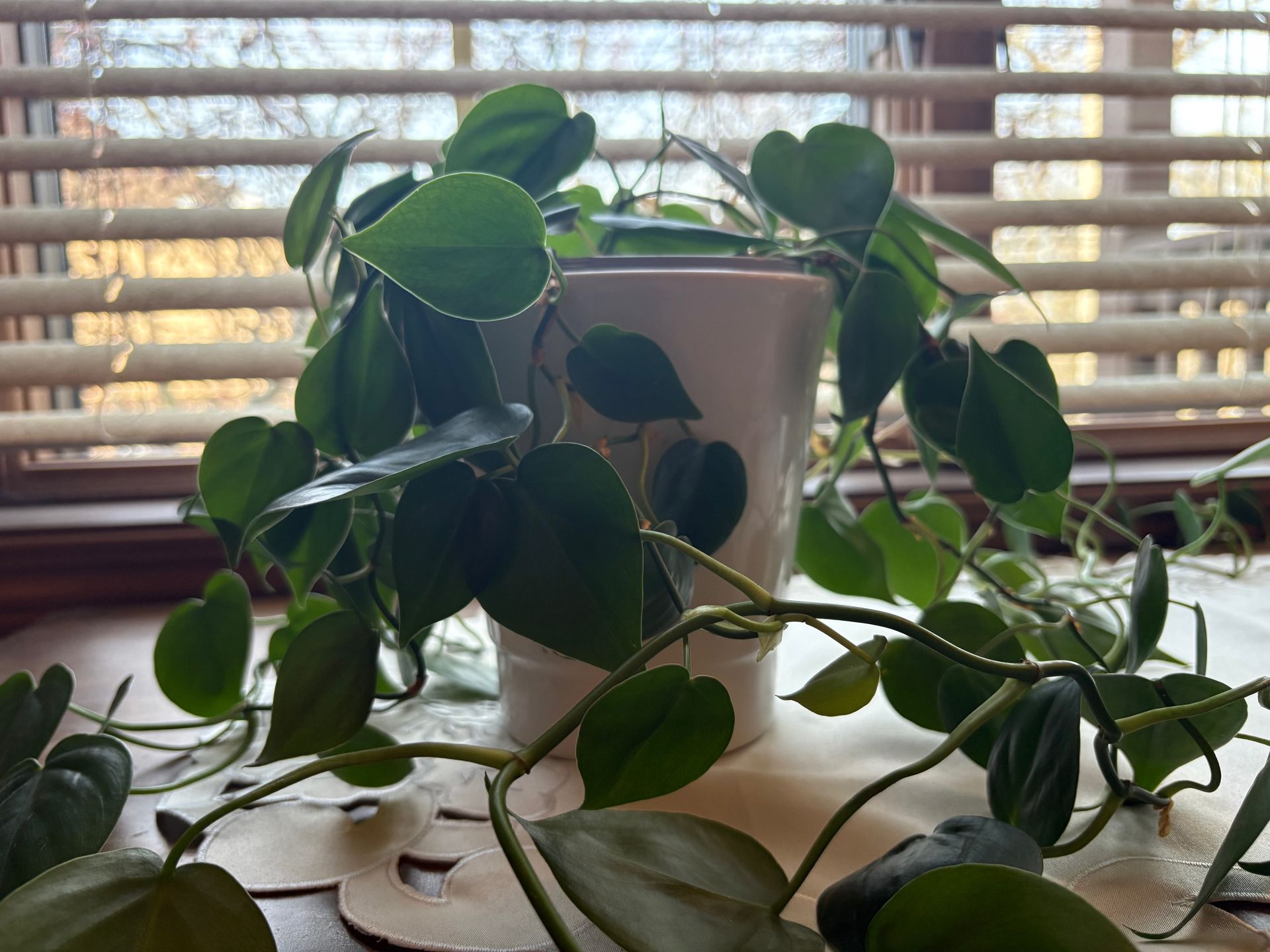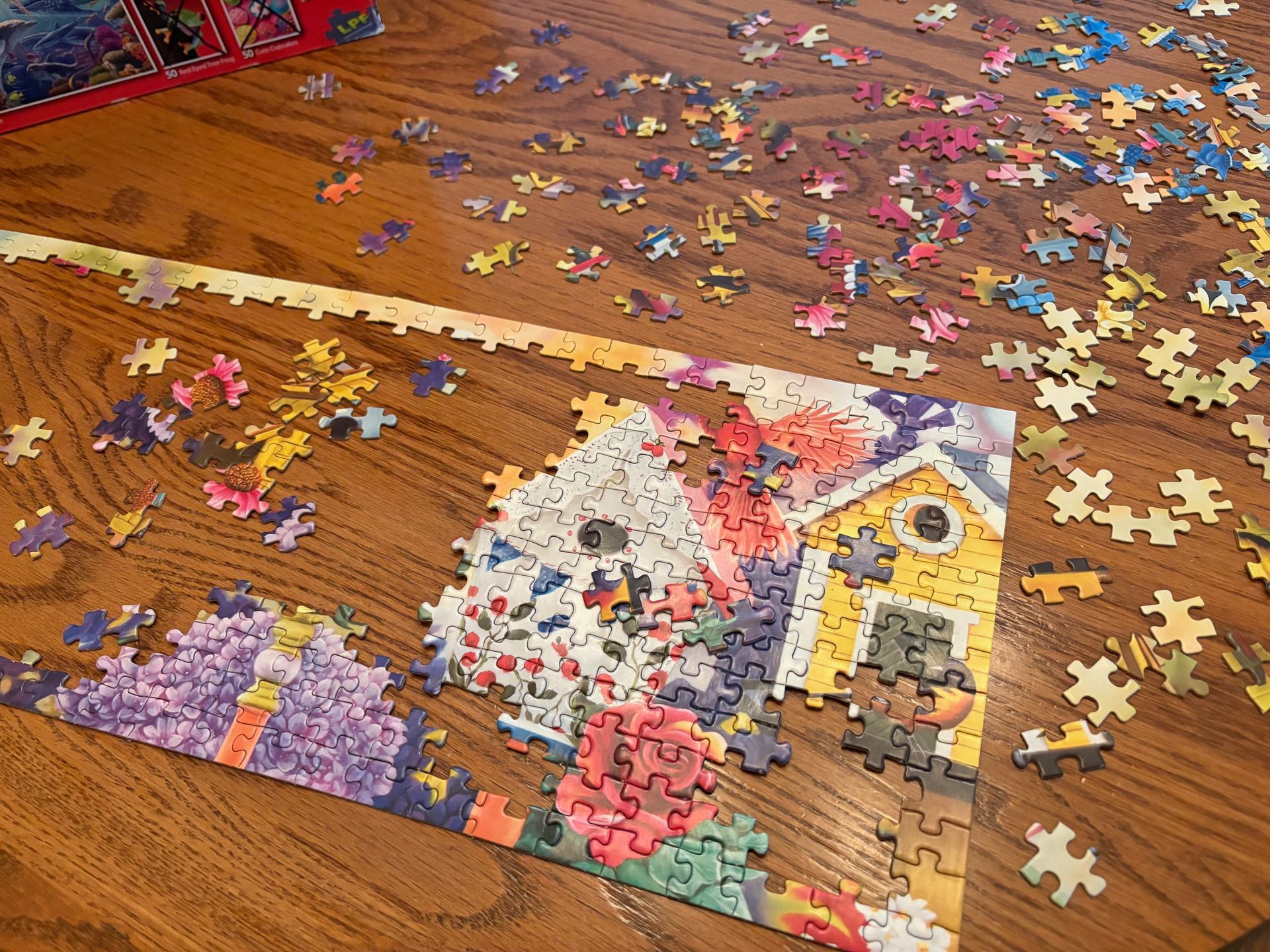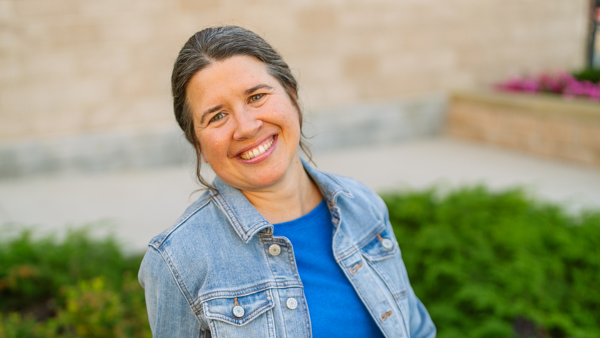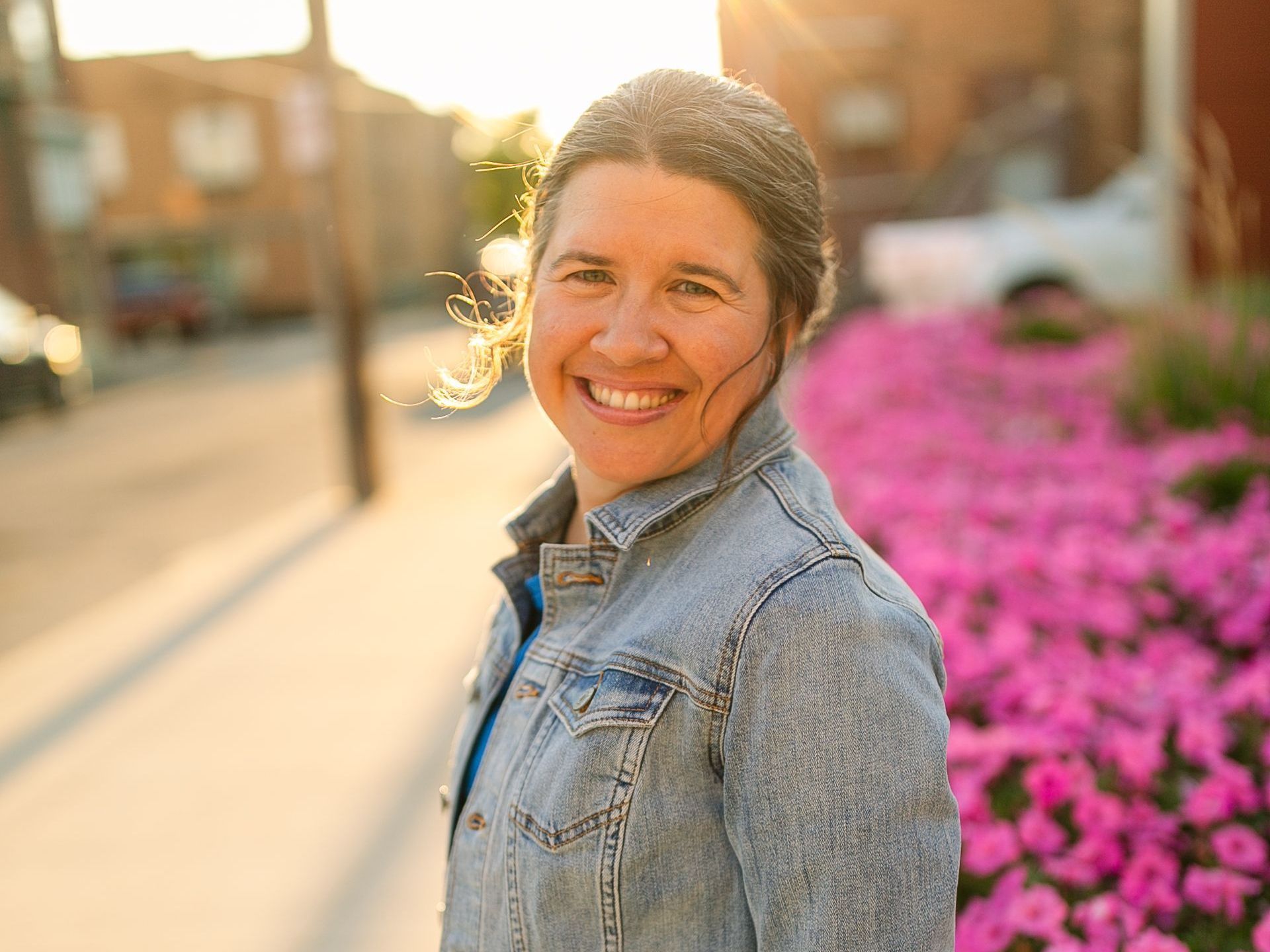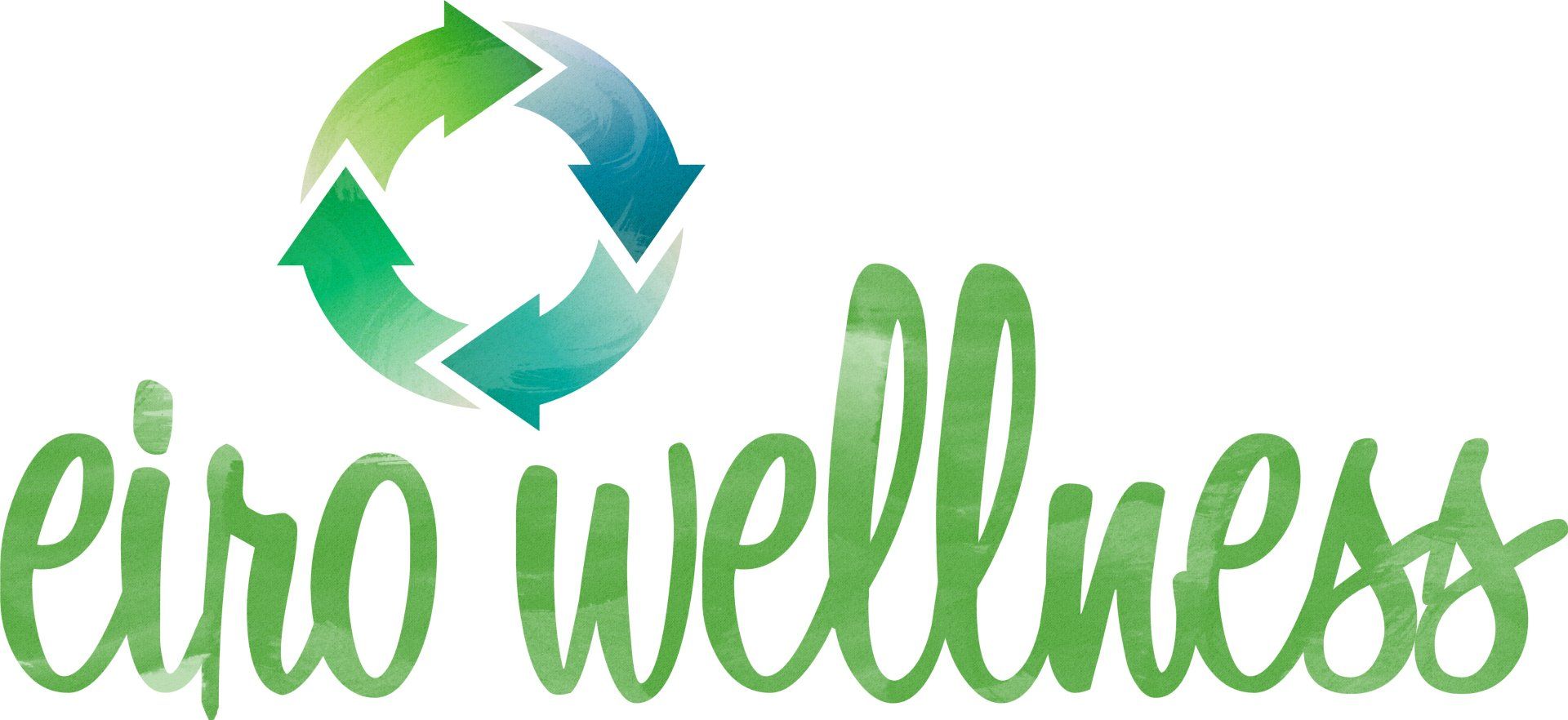Could childhood experiences be affecting your health?
Is there a connection between our childhood experiences and the health challenges we face as adults?
I have a scar on my knee shaped like an “H,” a reminder of my first visit to the ocean as a child. I was mesmerized by the shells along the water’s edge, so focused on picking them up that I didn’t see a huge wave coming. It rolled me over and over on the sand, and when I finally stood, my bucket of shells was empty, and my knee was bleeding, sprinkled with tiny shells and grains of sand. That moment gave me a deep respect for the sea—one that has never left me.
Years later, my knee healed, but the scar remains as a visible reminder of that day.
Many childhood experiences, however, leave no visible scars, yet they impact our physical and emotional bodies. We notice injuries from accidents or falls, but what about wounds that don’t heal so obviously? Experiences like bullying, losing a loved one, growing up with a caregiver who wasn’t attuned to our emotional needs, or living with chronic family stress can leave lasting imprints that influence our health as adults.
The groundbreaking Adverse Childhood Experiences (ACEs) Study, first published in 1998, linked childhood trauma to adult chronic illness, mental health struggles, and even premature death. ACEs scoring 4 or more can increase risk for heart disease, diabetes, lung disease, and more—2–3 times higher than those with no ACEs.
While we can’t change our childhood, we can address how trauma is stored in the body to reduce its impact. Long before chronic disease develops, trauma often shows up as:
- Fatigue
- Poor sleep
- Anxiety or low mood
- Brain fog
- Digestive disturbances
Steps to Support Your Body in Healing
- Tell someone. Give voice to your pain so it doesn’t remain trapped inside your body.
“When I kept silent, my bones wasted away through my groaning all day long.” (Psalm 32:3, ESV)
- Get to know your body. Symptoms are your body’s way of signaling that it needs care. Listening and responding to these cues can help it quiet down.
- Work with a professional therapist. A trauma-informed therapist or coach can help you process childhood experiences, allowing your body to release long-held burdens. Move slowly and gently—honor your nervous system first to avoid re-traumatization.
- Prioritize rest and protein. Sleep at least 8 hours per night. During rest, your brain consolidates memories and works to heal emotional wounds. Include at least 25 grams of protein per meal to support neurological and physical repair.
- Consider methylation testing. This can guide your body in detoxification, hormone balance, mood regulation, and overall healing.
- Work with a qualified practitioner. Look for someone experienced in nervous system health, somatic exercises, and gentle, nurturing approaches that support your body without overwhelming it.
Why the Nervous System Matters
At the core of the ACEs findings is this: childhood trauma shapes the nervous system, which in turn impacts every other system in the body. Supporting the nervous system is essential for healing—emotionally, mentally, and physically.
Many women I work with are surprised by the transformation that begins by simply addressing the nervous system. They notice:
- Waking up refreshed instead of exhausted
- Feeling peaceful instead of anxious
- Having energy to play with their kids instead of sitting on the sidelines
- Mental clarity and focus in relationships instead of numbing out on social media
- Emotional stability instead of feeling victimized by moods
If you suspect childhood experiences may be contributing to your current health concerns, I invite you to schedule a free 45-minute consultation. We’ll talk about your health, explore what your body is trying to communicate, and determine if Wholeness Restored is the right next step for you.
This is not a high-pressure call—just a chance to connect, share your story, and explore options for nurturing your body and nervous system.



